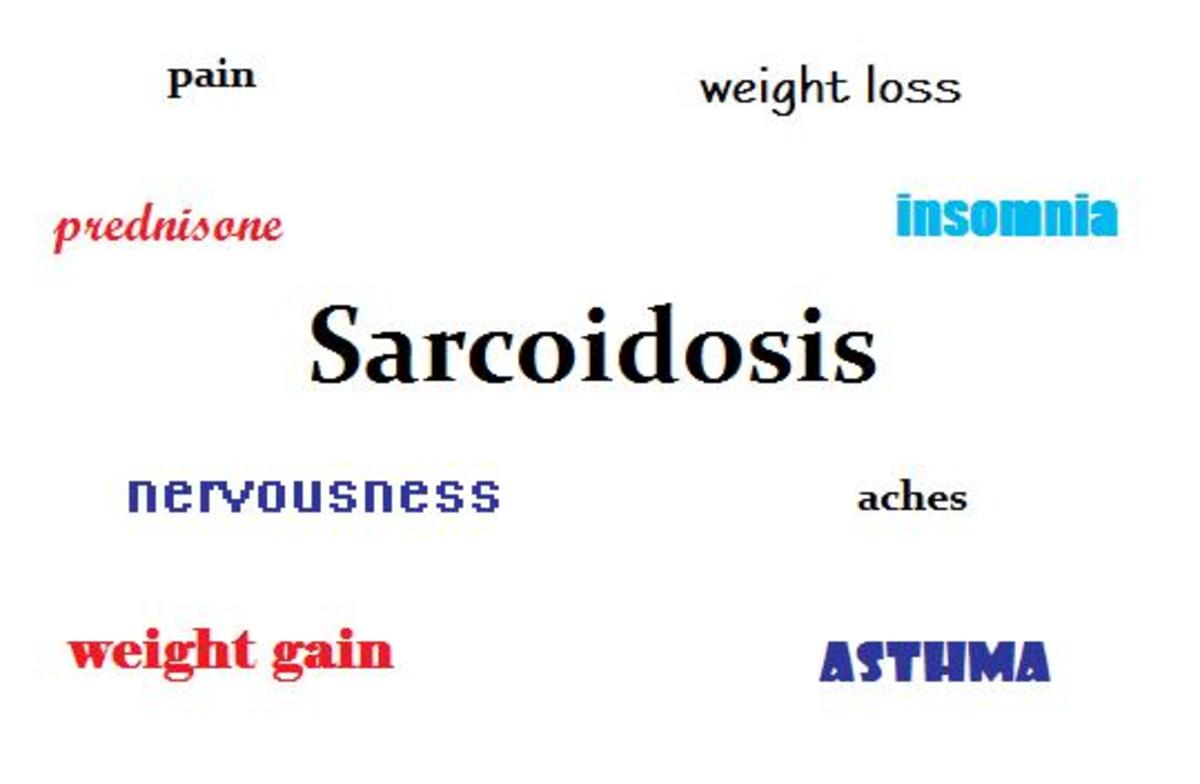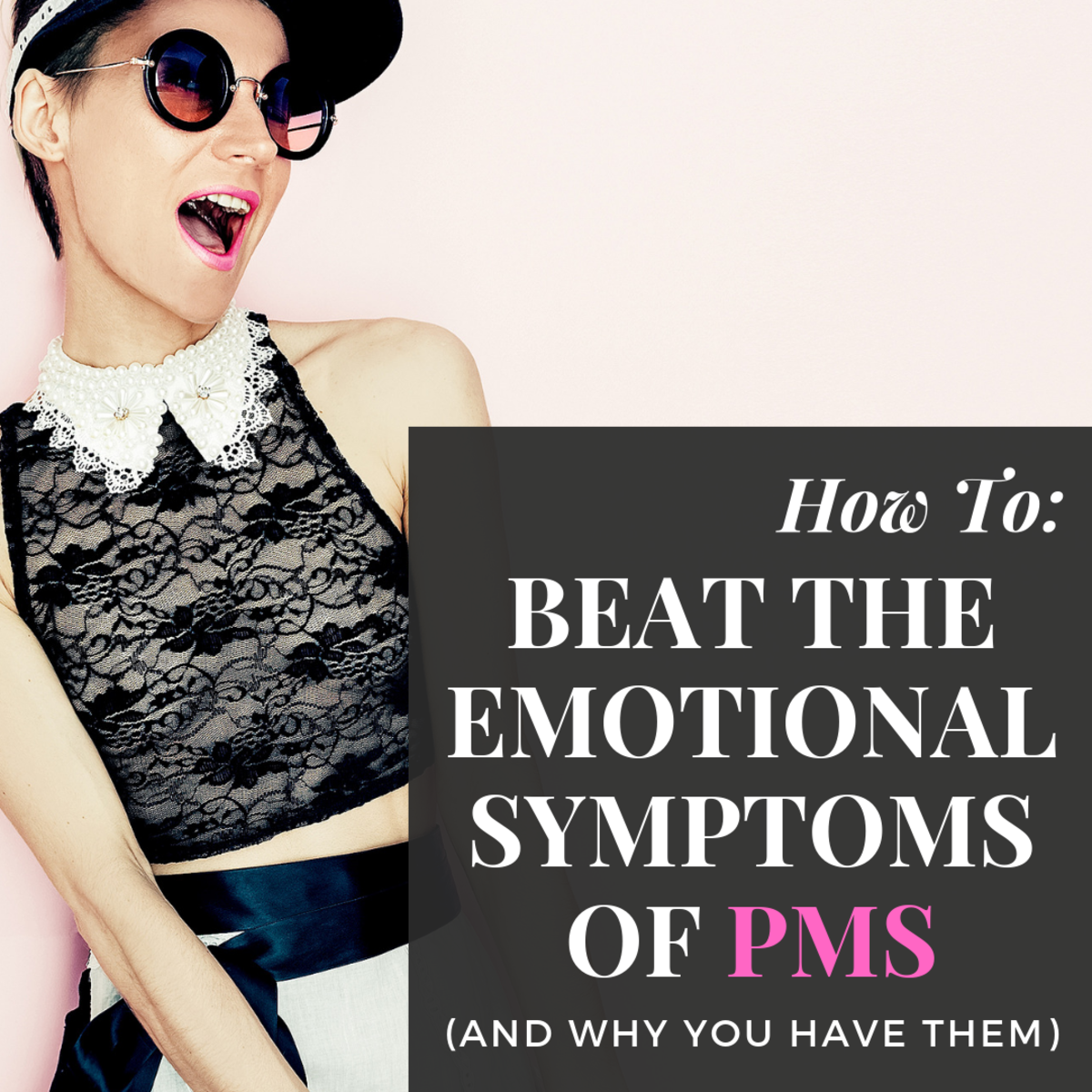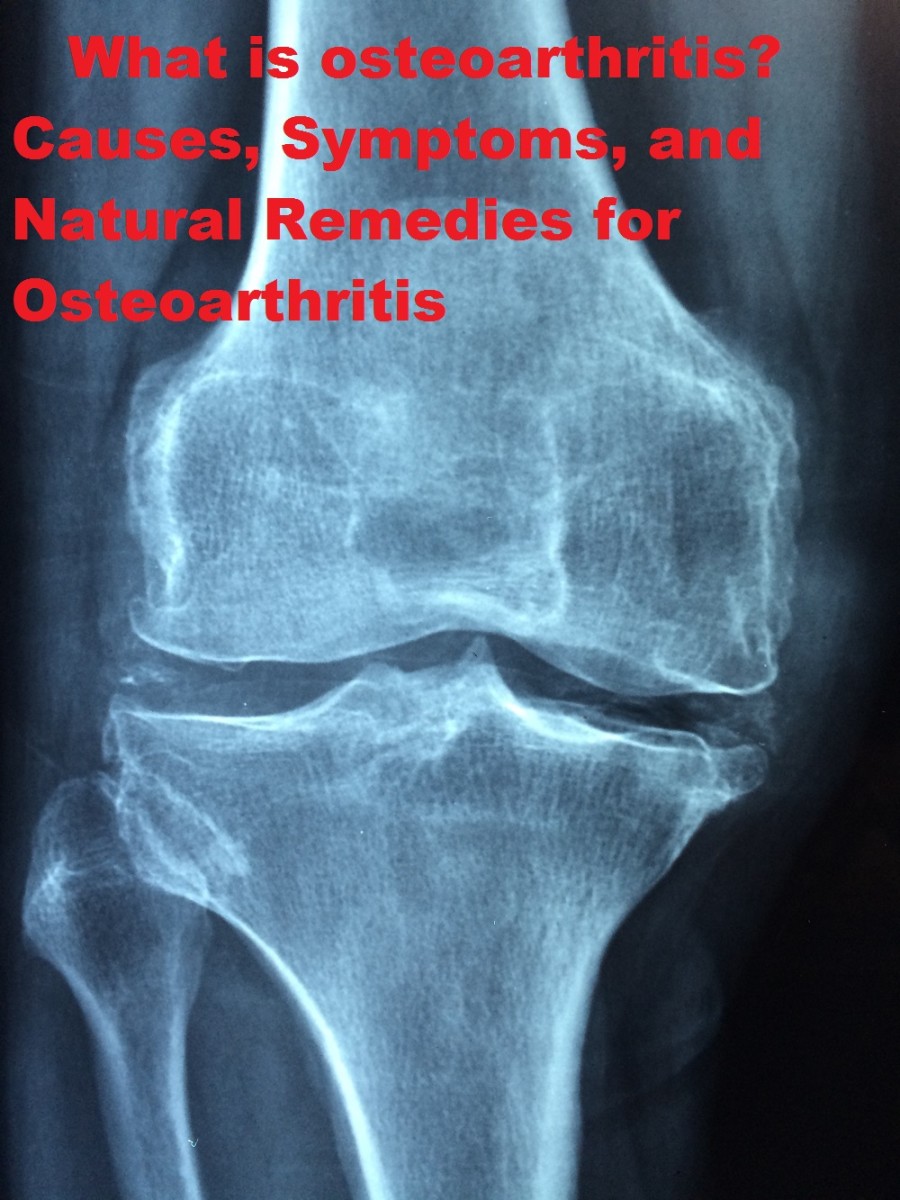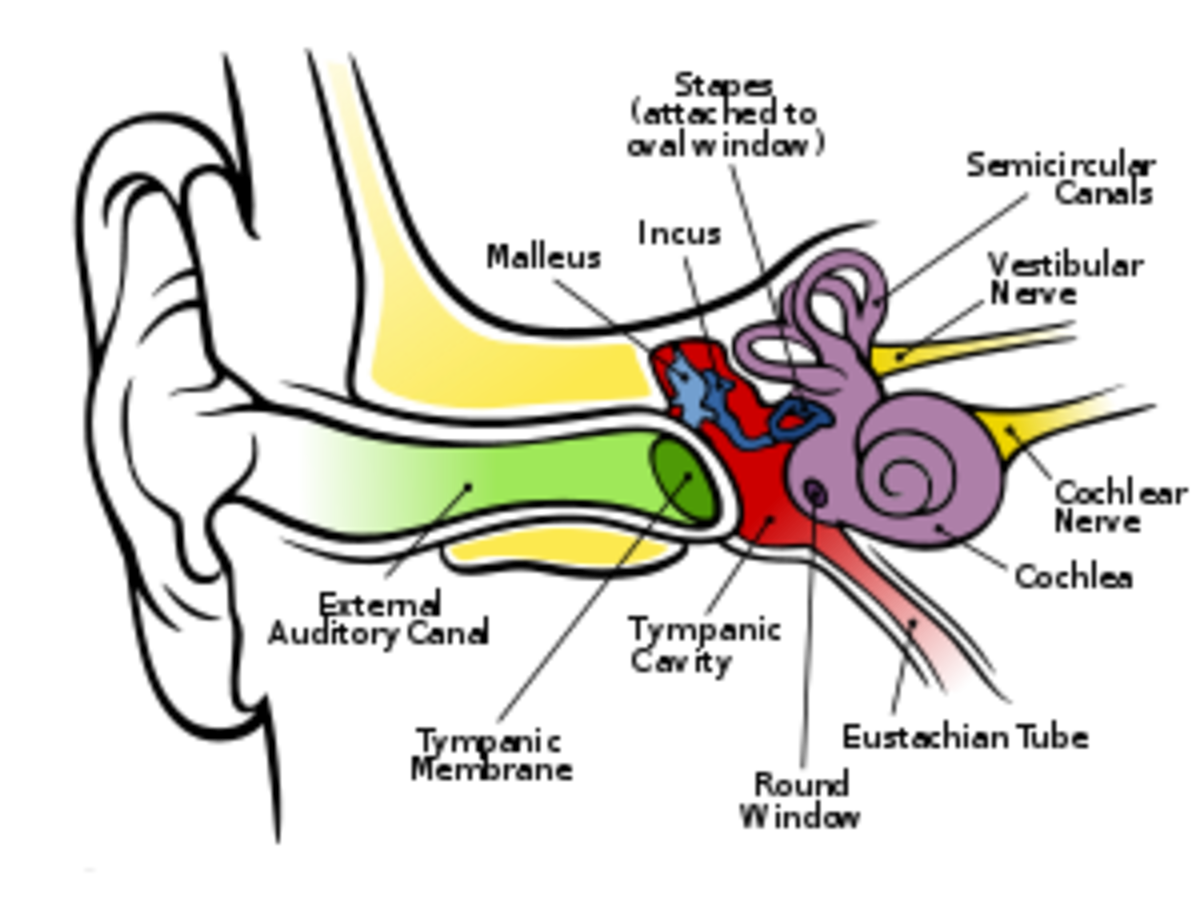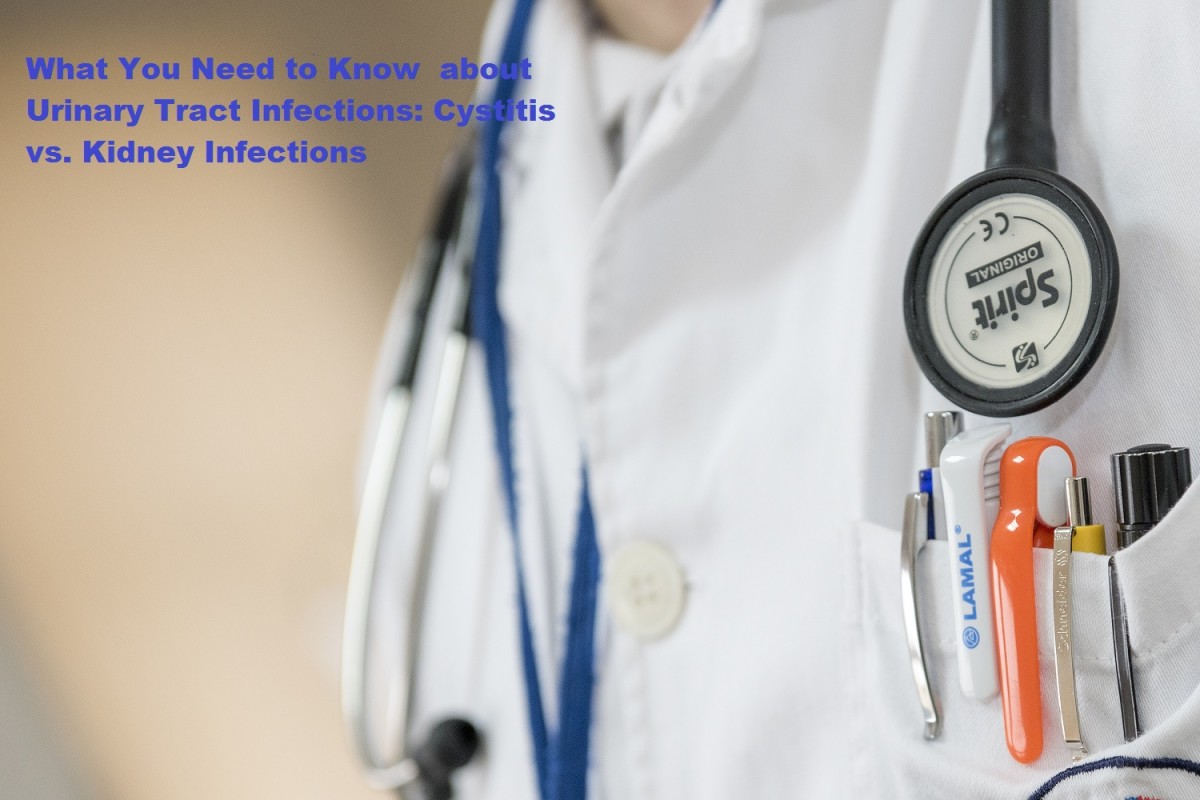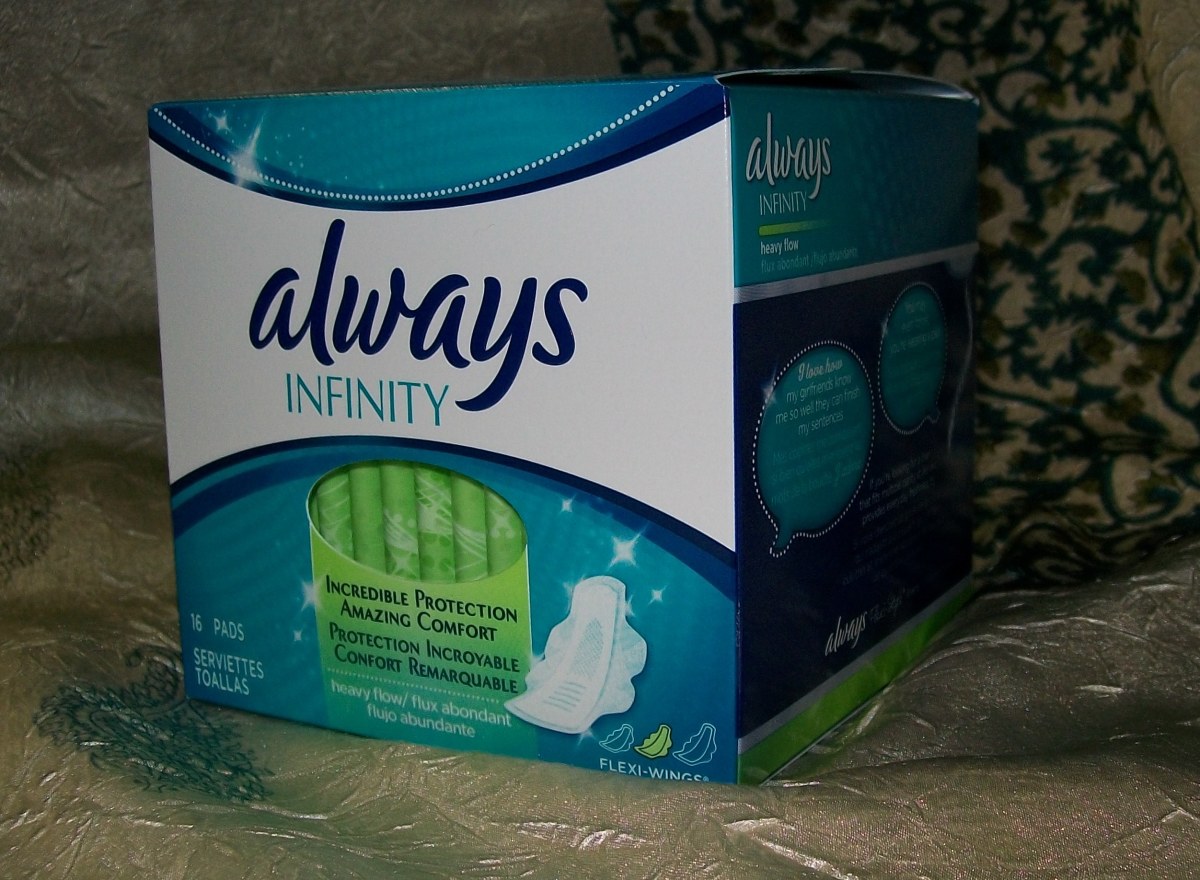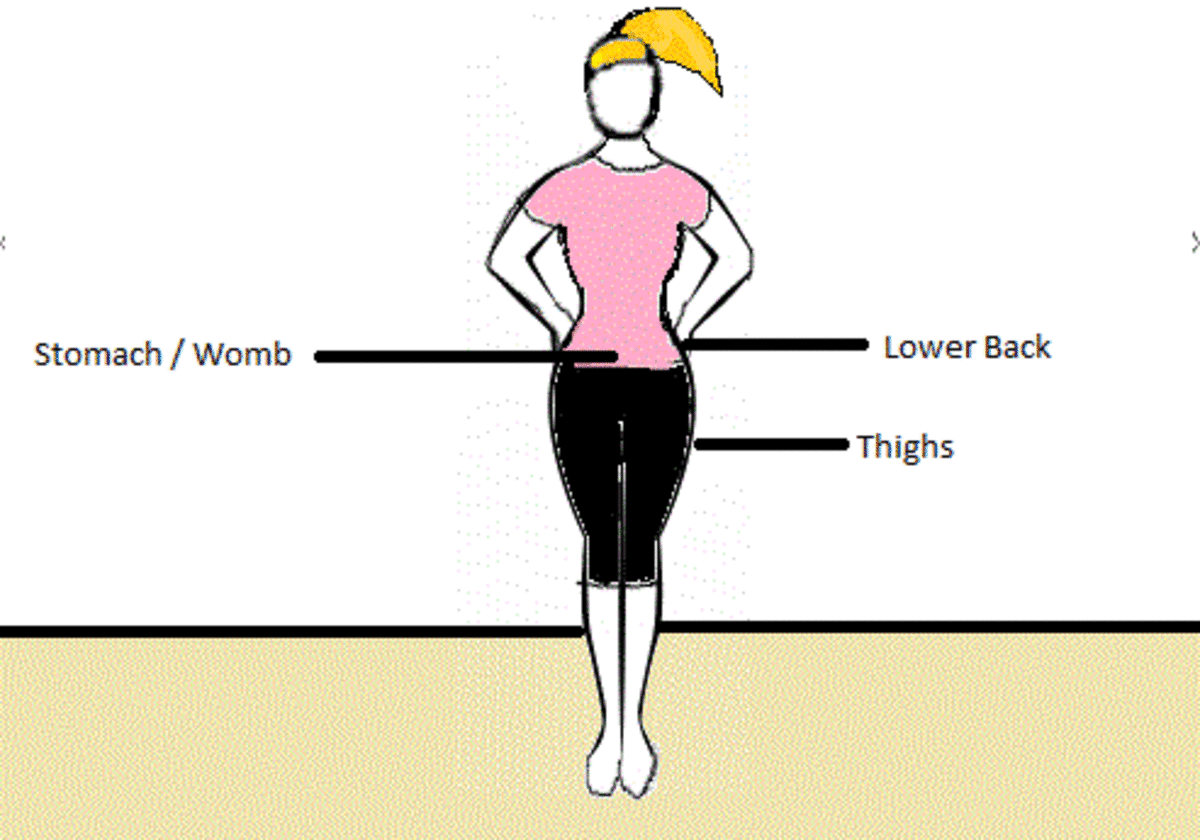Natural Remedies for Prementrual Syndrome (PMS)
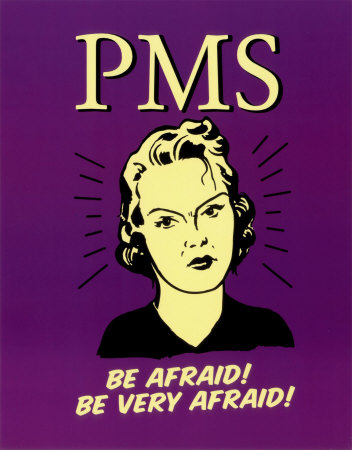
What is PMS?
The subject of countless stand-up comedy routines and numerous cartoons, PMS is the butt of many jokes. But for the women who suffer, it is no laughing matter.
Premenstrual Syndrome is a collection of symptoms relating to a woman's menstrual cycle. Although up to 150 individual signs and symptoms have been recorded, most women only experience a few, recurrently, around the time of their periods. The most common are:
- Weight gain from fluid retention
- Abdominal bloating
- Breast tenderness
- Tension or anxiety
- Depressed mood
- Crying spells
- Mood swings
- Irritability or anger
- Appetite changes
- Food cravings
- Insomnia
- Joint or muscle pain
- Headache
- Fatigue
While PMS does not constitute a medical condition or disorder in and of itself, a more severe form of these symptoms does. Premenstrual Dysphoric Disorder, or PMDD, is discussed in a separate article, found here.
Treating PMS
Since there is no "diagnosis" for PMS, women are largely left to deal with it on their own. Workplaces and schools provide no support or accomodations; men (and women who don't experience PMS) are mocking at best, intolerant at worst. So what's a girl to do?
Exercise - This may seem counterintuitive when you're doubled over with abdomnial cramps, but light aerobic exercise (such as a brisk walk, a jazzercise class, or 20 minutes on the elliptical machine) has been shown to reduce discomfort and pain overall, as well as provide a much-needed mood boost, courtesy of the endorphins released during physical activity. In addition, there are a number of yoga poses that provide excellent relief for symptoms, when performed daily. For a demonstration, watch this video, courtesy of Self Magazine.
Take Your Vitamins - Not just a necessity for bone health, calcium supplements can significantly relieve your PMS symptoms. Vitamins E and B6, along with magnesium, manganese, and tryptophan, have also produced positive results.
Drink More Water - This is one of my "Seven Steps to a Healthier You," but it is especially important for those of us who retain water prior to and during menstruation. Many women take diuretics to rid themselves of excess water, but in actual fact, it is dehydration which causes the bloating. The only way to get your body to release its water stores is to make it believe there is no shortage - in other words, keep on chuggin'.
Watch Your Diet - I don't mean "go on" a diet. I literally mean "watch" what you're eating. Cut down on caffeine, sodium, and refined sugars, and up your fiber intake (see "How to Fit More Fiber Into Your Diet"). Tip: Do this gradually. Besides the potential for withdrawl, suddenly increasing the amount of dietary fiber you eat might give you gas pains, and when you're PMSing, that's the last thing you need.
Avoid Binges - If you're an emotional eater already, your period can make it that much worse, and if you're not, PMS is enough to make you one. Treat yourself to something sweet at every meal, even if it's only jam on toast, to curb that craving before it begins. Make sure you're getting enough protein, and good fats like those found in nuts and olive oil.
Practice Relaxing - Relaxation is an important life skill, but even more so during times of stress, menstruation being one of them. Not all of us can afford a massage every month, but visualization, meditation, and deep breathing are all free! Set aside time for a home facial or a good book. Write it into your planner a week beforehand, and when it comes time, make sure you keep that appointment with yourself.
Overall, be gracious with yourself. PMS might not be a "disease," but it is real to many of us nonetheless. Check in with your body often, and give yourself permission to feel how you feel and be where you're at. Denial only bottles the problem up, to explode when it's least convenient.
Don't sweat the small stuff. When you feel a freak-out coming on, count to ten before responding to the situation. Give yourself time to evaluate just what the potential for disaster really is. That pimple on your chin is not, in fact, a rupturing volcano (whatever similarities they may have). Besides, a pimple is curable (see "Home Remedies for Acne") A full-blown panic attack is more difficult to get over.
See Also
- How to Use Aromatherapy to Cure Your PMS
Aromatherapy has proven extremely effective as a drug-free treatment for the symptoms of premenstrual syndrome. If you are looking for a natural cure for the discomforts associated with "that time of the... - What Is Premenstrual Dysphoric Disorder (PMDD)?
Do you get depressed, anxious, and overwhelmed around your period? It may not be just PMS. Premenstrual syndrome affects up to 75% of all women, but premenstrual dysphoric disorder, or PMDD only affects 5-10%.... - Home Remedies for Lactose Intolerance
- How To Prevent an Urinary Tract Infection (UTI)



